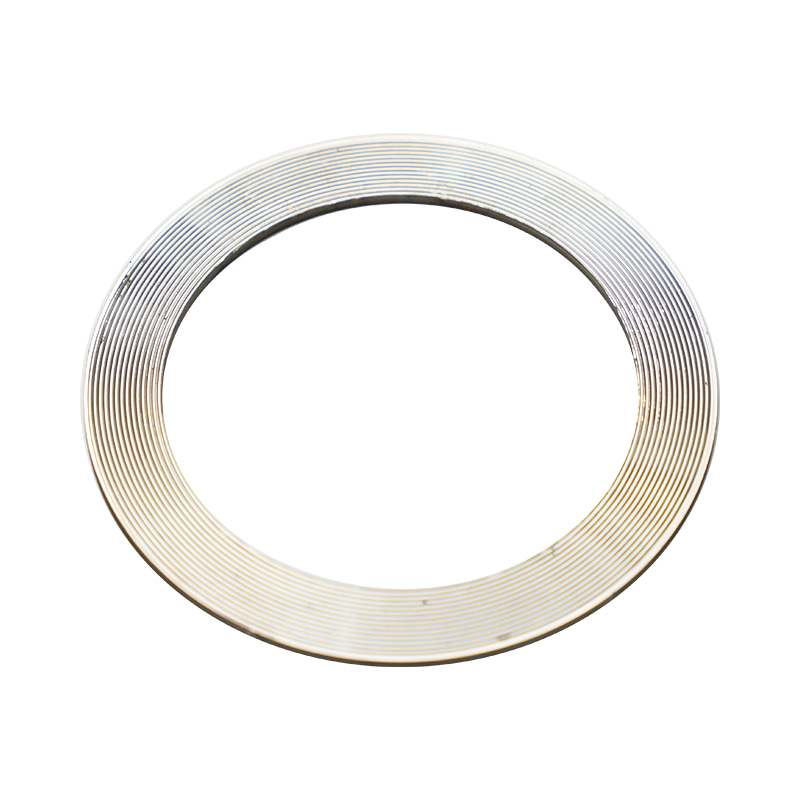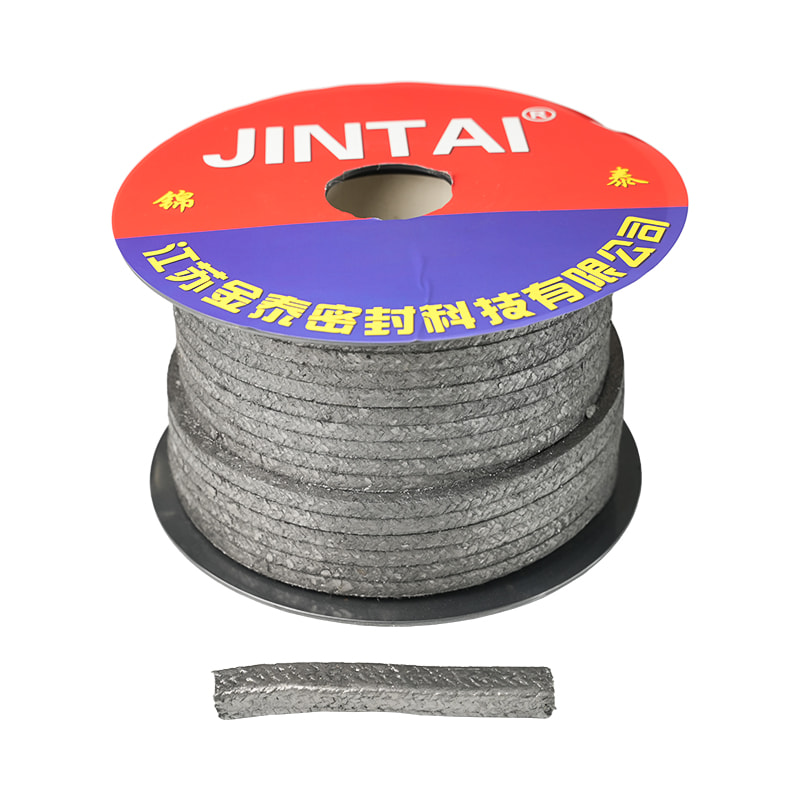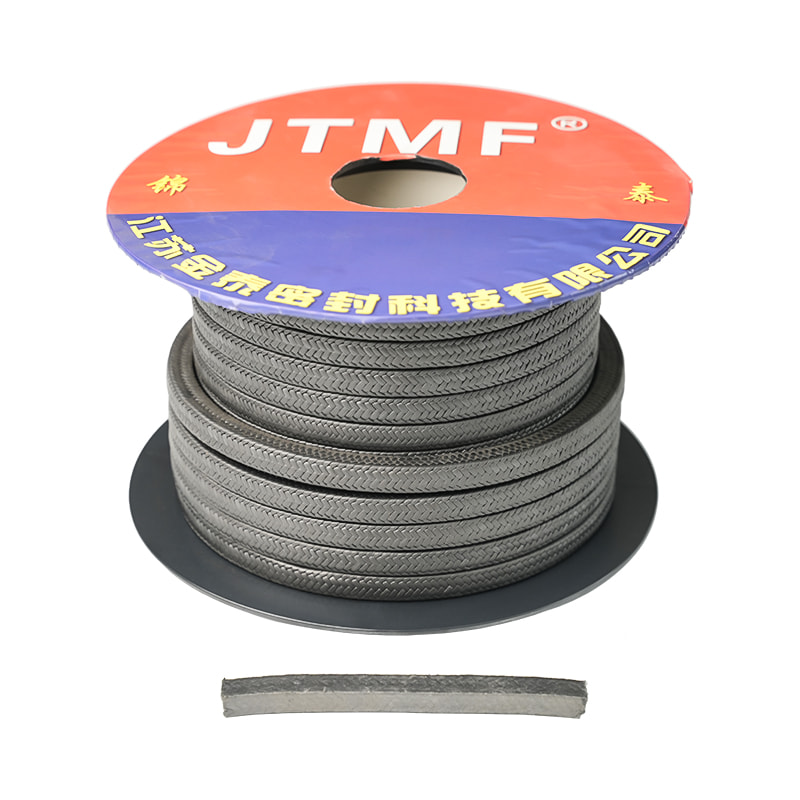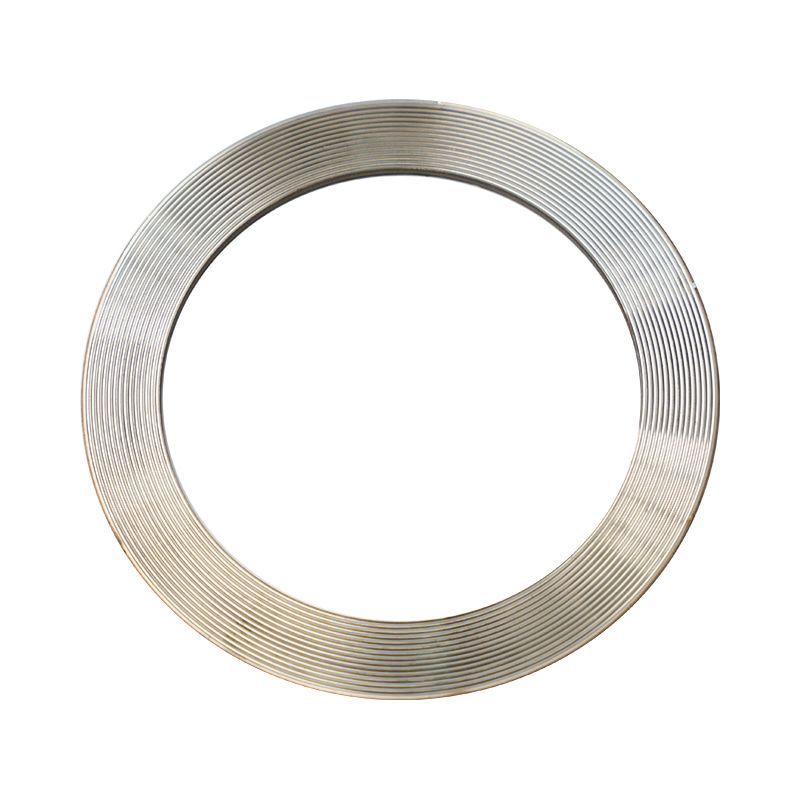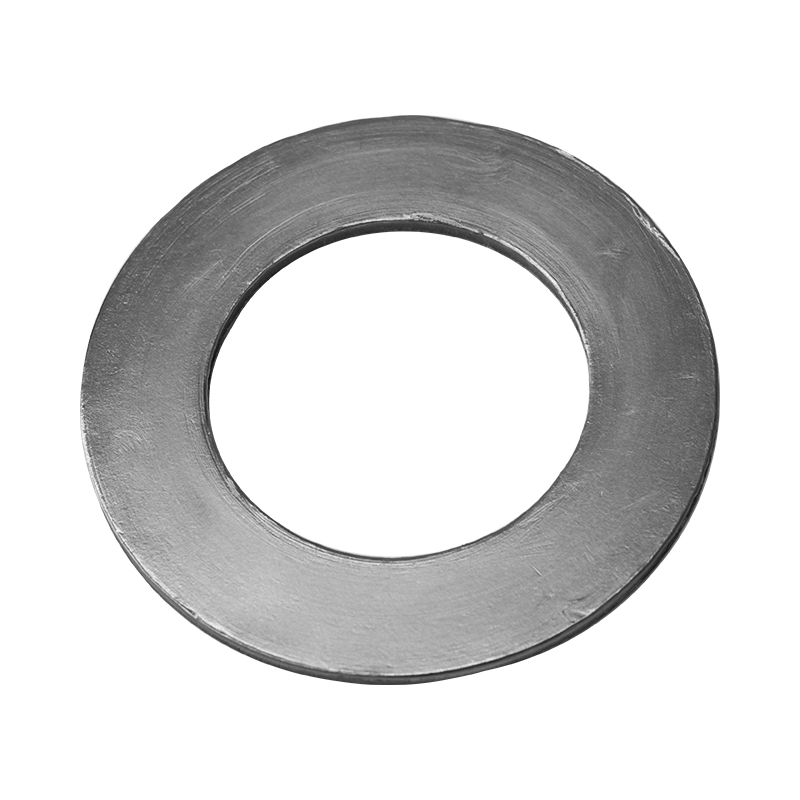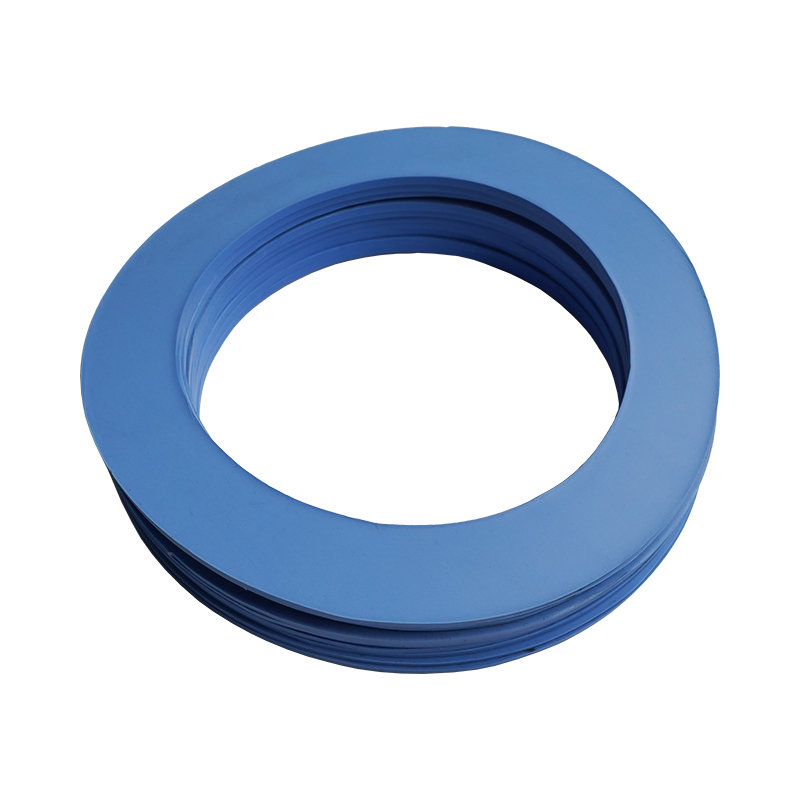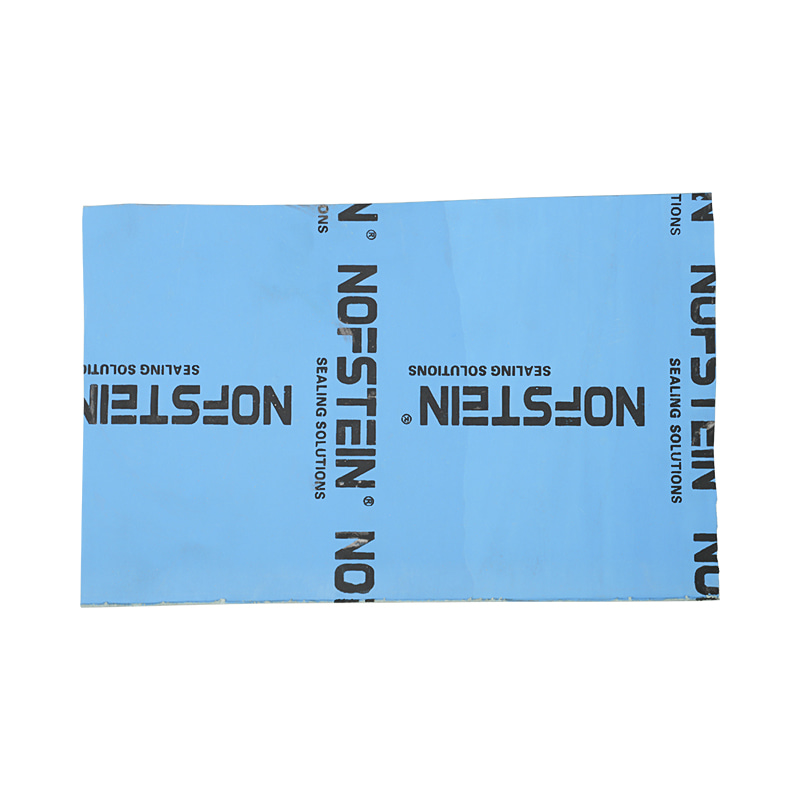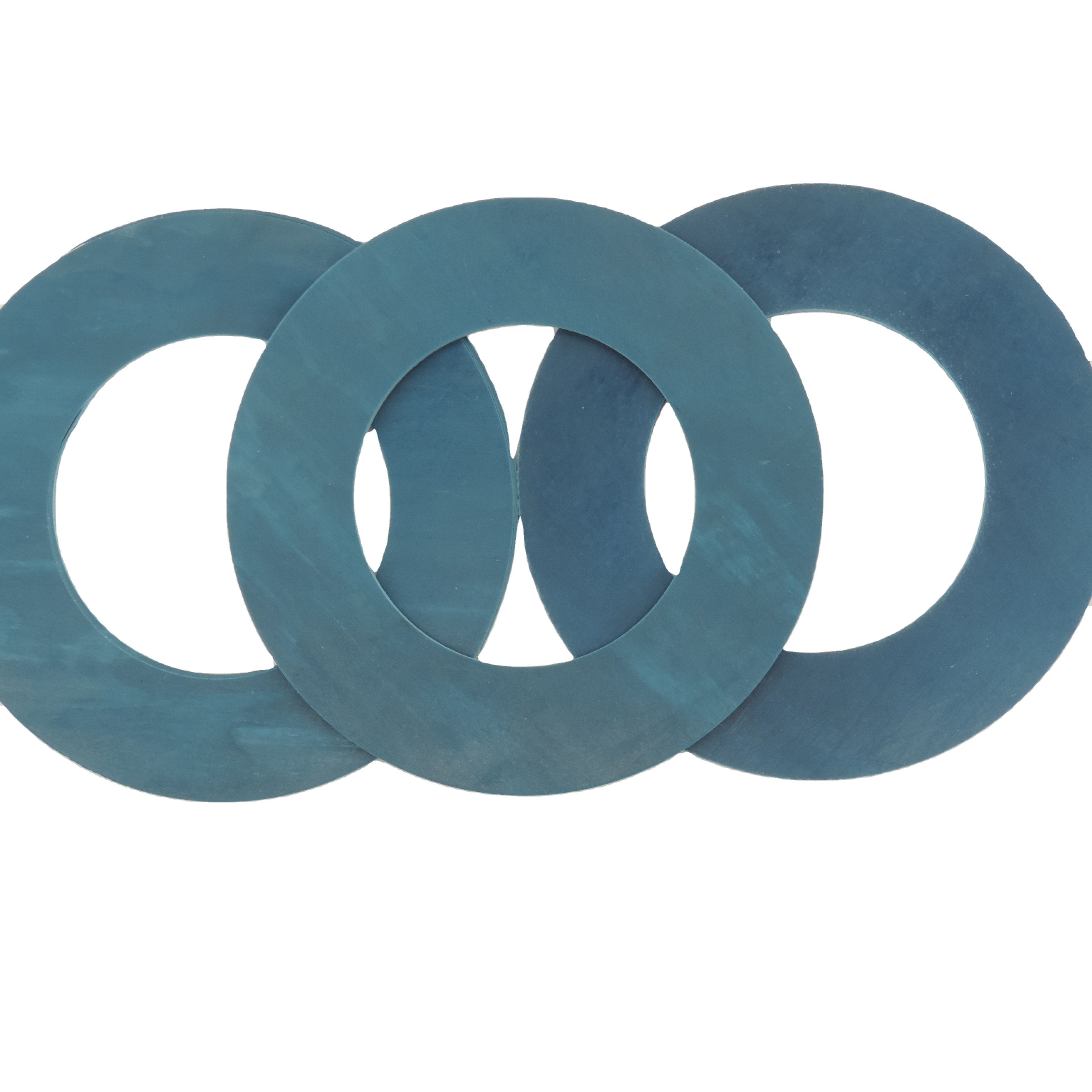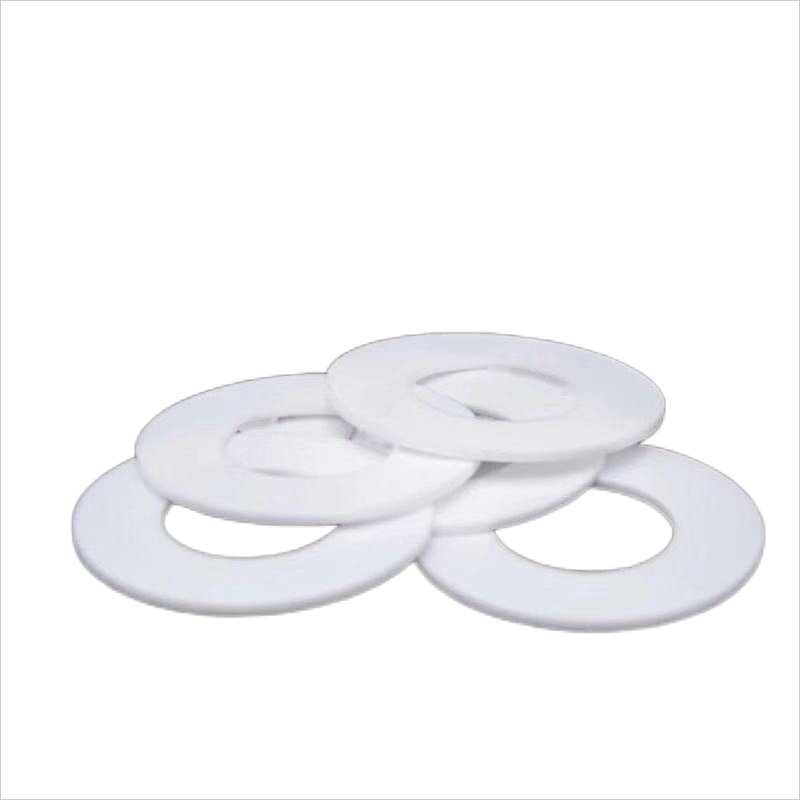High-Performance Gaskets: Key Types and Applications
 2025.06.12
2025.06.12
 Industry News
Industry News
Gaskets play a critical role in industrial sealing, ensuring leak-proof connections in high-pressure and high-temperature environments. Among the most reliable options are corrugated metal gaskets, metal-toothed gaskets, and spiral wound gaskets with metal cores. Each type offers unique advantages depending on the application.
Stainless Steel Seal Ring Corrugated Metal Gasket Toothed Gasket
1. Corrugated Metal Gasket for High Pressure: Superior Sealing Under Extreme Conditions
Corrugated metal gaskets are designed for high-pressure applications, offering excellent resilience and sealing performance. Their wavy (corrugated) structure allows for better compression and recovery, making them ideal for:
Oil & gas pipelines (up to 10,000 psi)
Power generation systems (steam turbines, boilers)
Chemical processing plants (resistant to aggressive media)
Key Advantages:
Maintains seal integrity under thermal cycling
Higher pressure tolerance than flat gaskets
Suitable for irregular flange surfaces
Data Comparison:
| Feature | Corrugated Metal Gasket | Standard Flat Gasket |
|---|---|---|
| Max Pressure | 10,000 psi | 3,000 psi |
| Temperature Range | -200°C to +800°C | -50°C to +400°C |
2. Metal-Toothed Gasket for Flange Sealing: Enhanced Bite and Grip
Metal-toothed gaskets feature serrated edges that "bite" into flange surfaces, creating a strong mechanical seal. They are commonly used in:
High-vibration environments (pumps, compressors)
Flange connections in refineries
Applications requiring frequent disassembly
Key Advantages:
Prevents slippage under dynamic loads
Reusable in some configurations
Excellent for uneven flange surfaces
Performance Insight:
Withstands 15-20% higher bolt load than non-serrated gaskets
Reduces leakage risk in low-clamp-force installations
3. Spiral Wound Gasket with Metal Core: Flexibility and Reliability Combined
Spiral wound gaskets consist of alternating metal and filler layers, providing both flexibility and strength. The metal core (usually stainless steel) enhances stability, making them ideal for:
High-temperature steam systems
Chemical and petrochemical industries
ASME B16.20 compliant applications
Key Advantages:
Handles thermal expansion better than solid metal gaskets
Self-compensating for minor flange distortions
Long service life under cyclic pressure
Comparison with Solid Metal Gaskets:
| Factor | Spiral Wound Gasket | Solid Metal Gasket |
|---|---|---|
| Flexibility | High | Low |
| Reusability | Moderate | High |
| Cost Efficiency | Better for large diameters | More expensive |

 Eng
Eng  русский
русский
